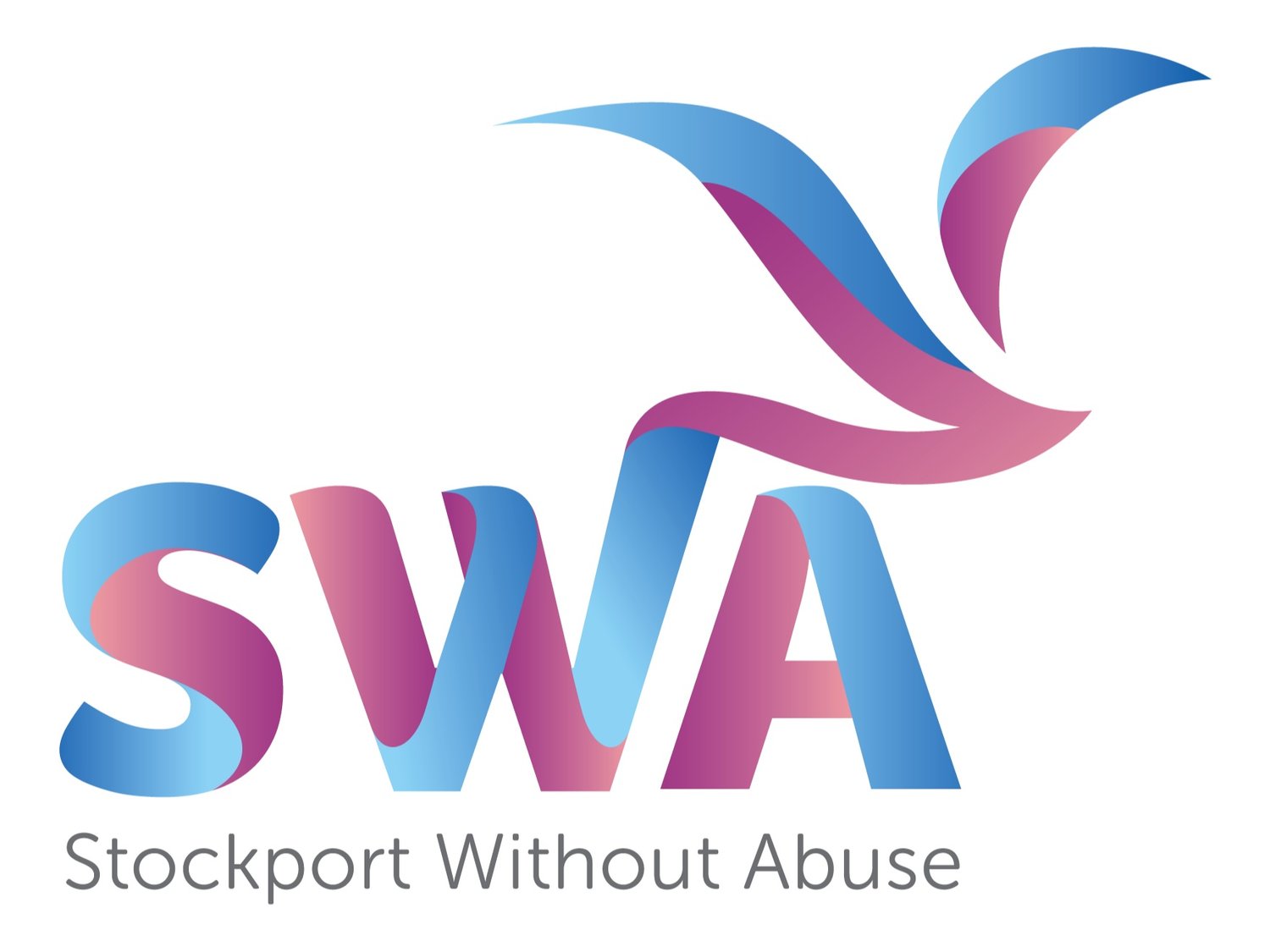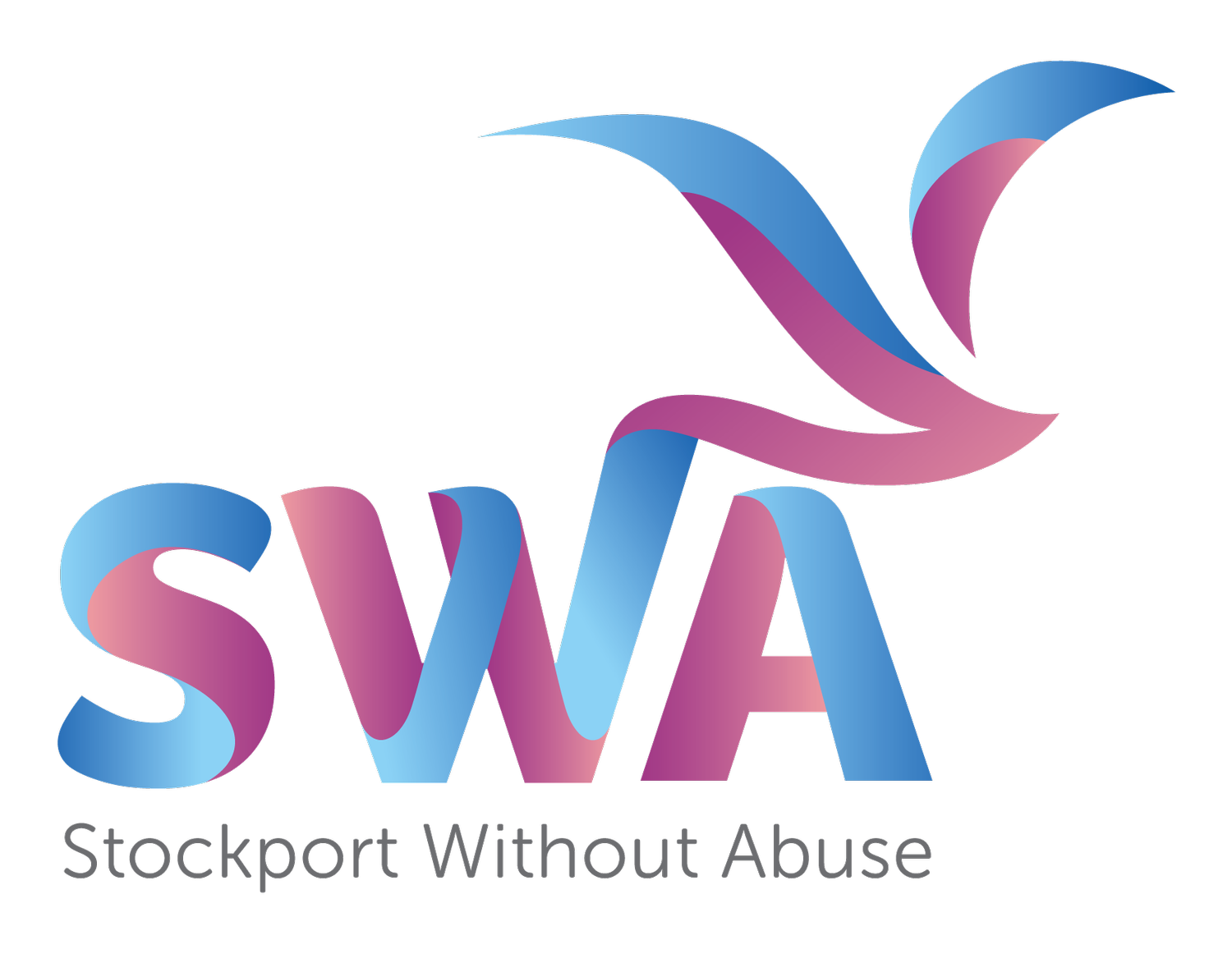Female Genital Mutilation (FGM)
Female Genital Mutilation comprises all procedures involving the removal of the external female genitalia or other injury to the female genital organs for non-medical reasons. Most often, FGM is practiced on girls and young women under 18. FGM is not prescribed by any religion and has no health benefits. On the contrary the practice can cause life-lasting physical and psychological trauma.
200 million girls and women alive today have undergone FGM. At current rates, an additional estimated 68 million girls face being cut by 2030.
End FGM have an Online Interactive Map on FGM in Europe to learn more about the European situation on FGM.
Female genital mutilation is classified into four types:
Type 1: Also known as clitoridectomy, this type consists of partial or total removal of the external part of the clitoris and/or its prepuce (clitoral hood).
Type 2: Also known as excision, the external part of clitoris and labia minora are partially or totally removed, with or without excision of the labia majora.
Type 3: It is also known as infibulation or pharaonic type. The procedure consists of narrowing the vaginal orifice with creation of a covering seal by cutting and appositioning the labia minora and/or labia majora, with or without removal of the external part of clitoris. The appositioning of the wound edges consists of stitching or holding the cut areas together for a certain period of time (for example, girls’ legs are bound together), to create the covering seal. A small opening is left for urine and menstrual blood to escape.
Type 4: This type consists of all other procedures to the genitalia of women for non-medical purposes, such as pricking, piercing, incising, scraping and cauterization.
All women and girls have the right to control what happens to their bodies and the right to say no to FGM.
Help is available if you have had FGM or you're worried that you or someone you know is at risk.
If someone is in immediate danger, contact the police immediately by dialling 999.
If you're concerned that someone may be at risk, contact the NSPCC helpline on 0800 028 3550 or email fgmhelp@nspcc.org.uk.
If you're under pressure to have FGM performed on your daughter, ask a GP, your health visitor or another healthcare professional for help, or contact the NSPCC helpline.
If you have had FGM, you can get help from a specialist NHS gynaecologist or FGM service – ask a GP, your midwife or any other healthcare professional about services in your area.
Read about National FGM Support Clinics and where to find them.
FGM is a harmful and illegal practice that must be eradicated to protect the health and human rights of individuals. Remember, you are not alone, and help is available. Reach out to the resources and support networks in the UK to start your journey toward safety, empowerment, and a life free from the harmful effects of FGM. Your health, well-being, and rights deserve to be protected and preserved.

